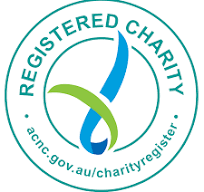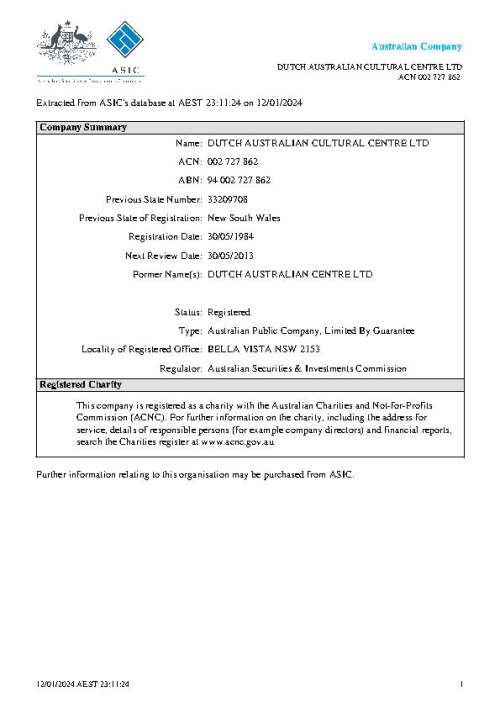The Dutch Australian Cultural Centre Ltd (DACC) was established in 1983 by the Federation of Dutch Associations and formed as a company limited by guarantee in 1984. A short history of the DACC is appended below.
Click here for our activities. We invite you to become a Friend of the DACC to help us preserve Dutch Australian culture and heritage (see below). We also welcome volunteers to become involved in the collection and preservation of our collection and in making it accessible to as many people in Australia and internationally as possible.
The DACC has its offices and meeting rooms in the Abel Tasman Village, Chester Hill, NSW.
Become a Friend of the DACC
Becoming a Friend of the DACC is a tangible demonstration of your commitment to our cause. You can register as a Friend for $20 per annum; your support provides us with the crucial backing we need and enhances our credibility when engaging with various authorities. In fact, we’re excited to share that we recently secured a $5,000 grant from the Dutch Government, and your support plays a significant role in such achievements.
Your support is instrumental in preserving and promoting Dutch-Australian culture, and we warmly invite you to become a Friend of the DACC today. Join us as we continue to celebrate and share our rich cultural heritage.
To become a Friend, please complete this form: DACC Friends form 2023-2024
Thank you for your support of the Dutch Australian Cultural Centre Ltd.
Leave a lasting Legacy: Support the future of the DACC
Board Members (2023-2024)
- Chairman: Paul Budde
- Secretary/Treasurer: Helga ten Brummelaar
- Archives: Anneke van Mosseveld
- Library: Jacoba Black
- Board Member: Paul Rubens
- Board Member: Nonja Peters
- Board Member: Pierre van der Eng
Executive Office Manager: Jorien van Beukering
Finance Manager: Elizabeth Blomberg
Click here for more information on Collaboration with Dutch organisations in Australia.
Who are the Board Members?
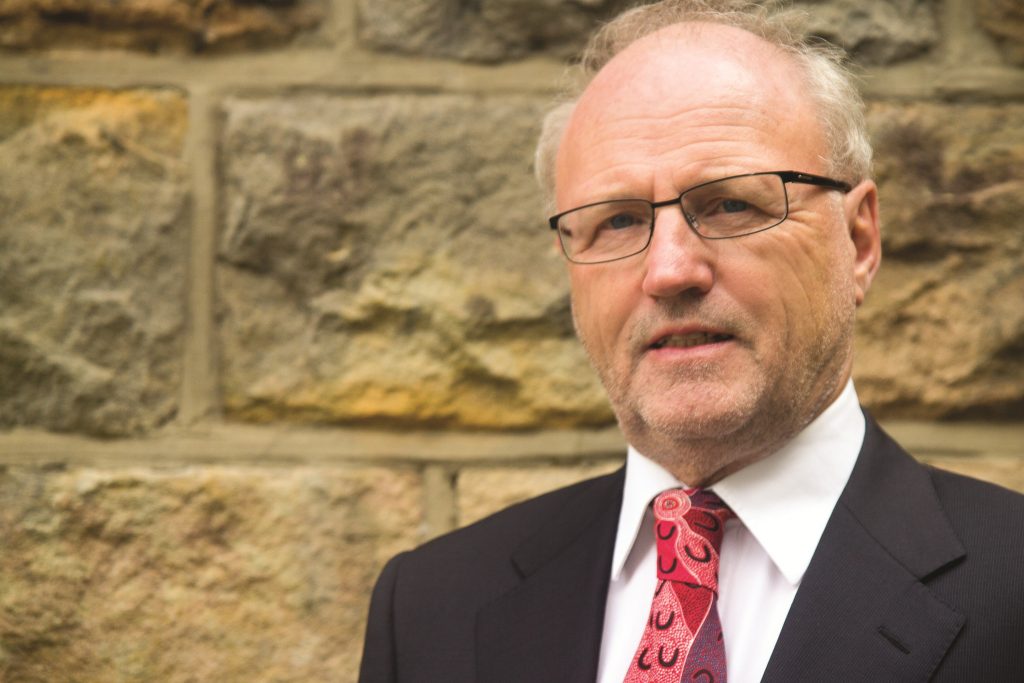
Paul Budde lived in Vught and Oss (Netherlands) before moving with his family to Australia in 1983. Paul started his own business in 1978, Paul Budde Consulting, focusing on the telecommunications market and its role within the digital economy. Career highlights include: strategic advisor to the Australian Government for the original NBN; co-founder of the UN Broadband Commission for Digital Development; and advisor to President’s Obama Broadband Team at the White House. Together with the Dutch and Australian Governments, he co-organised trade missions between the Netherlands and Australia on broadband and smart cities. Paul was first involved in the DACC between 1984 and 1990, rejoining in 2017. He was the local historian in Oss (Netherlands), where he wrote articles for local media and published several books. In Australia he was the founder and for 25 years the chairman of the Convict Trail Project, for which he received the NSW Government Heritage Volunteers Award. He also maintains an extensive website on Dutch and Australian histories. Paul is involved with the Camp Columbia Heritage Association Inc and is a founding member of Dutchlink Brisbane.
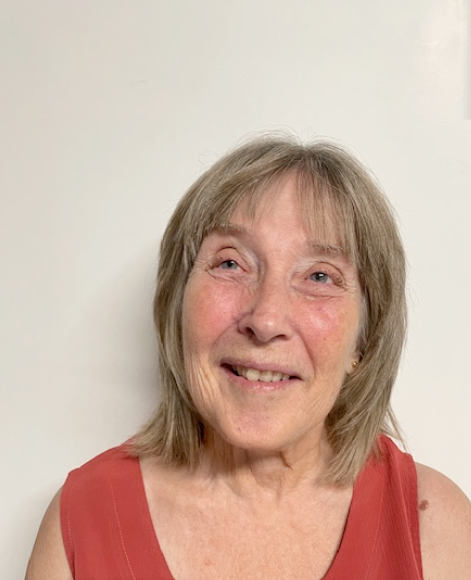
Helga ten Brummelaar was born in Singapore, and migrated to Australia with her family in 1956. She is a registered architect and worked in London, Utrecht and Sydney before setting up her own architectural practice in 1996. Helga’s parents (Eve and Theo ten Brummelaar) were actively involved in Sydney’s Dutch community and Helga joined her parents in cameo roles in the Dutch Cabaret shows (written by her parents) and performed all over Sydney at local Dutch clubs. Helga did early concept sketches and designs for the Juliana Village (as a student) – the first Dutch-based aged care village in NSW – and she designed and documented the Dutch-Australian Centre building for the Abel Tasman Village (ATV) aged care facility in Chester Hill. Helga remains involved with ATV, initially as an architectural consultant and since 2020 has been a Director in the Board of Management. She has been involved with the DACC (originally known as the DAC) since its inception in 1984, and was a Director on the Board from 1990-1999 and for some time also its Chairman. From 1995–2005 Helga was also a Director on the Board of the Federation of Netherlands Societies in NSW. As part of her role there, she was involved in running the Dutch Festivals in Fairfield, an initiative of the Federation to raise funds for their Benevolent Fund, The “Street Party” in 1995 (50 years post-end WW2), and various other fundraisers. Helga rejoined the DACC board as Secretary at the 2023 AGM.
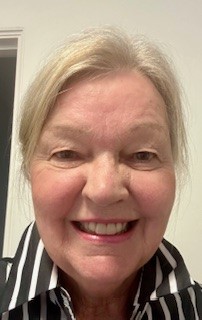
Jacoba (Coby) Black has been a DACC volunteer for over 15 years and is responsible for organising and maintaining the DACC’s library collection. Jacoba emigrated to Australia in 1950 with her family, was educated in Melbourne and trained as a teacher. She holds a Bachelor of Education (Special Education) and has taught in Australia (WA, VIC, NSW) and overseas (Canada and the UK). For 25 years Jacoba was part of a joint Health and Education facility as a special education teacher for students with severe dyslexia, teaching and consulting in schools throughout NSW. With her husband, Jacoba has travelled extensively, made numerous visits to the Netherlands and maintains contact with her Dutch relatives. She is a member of the Sydney Dutch Genealogy Group and is currently collating letters and diaries relating to her family’s migration experience. Jacoba has 2 children and 5 grandchildren who love anything she cooks. She has walked the Spanish side of the Camino de Santiago and hopes to tackle the Le Puy Camino in France in 2024. A little known achievement is that she gained her restricted private pilots licence.
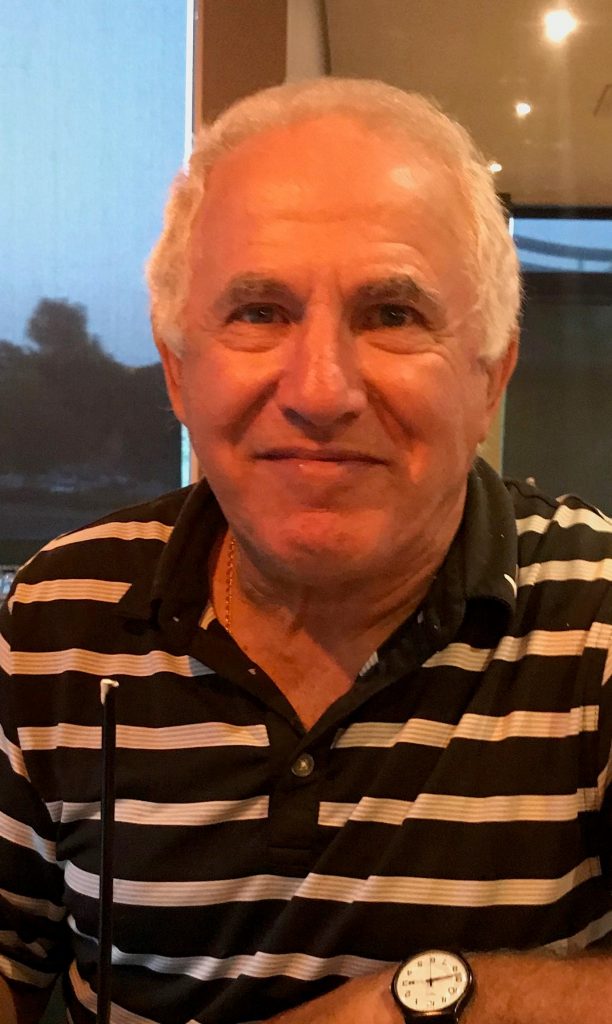
Paul Rubens arrived in Australia in 1953 on the Johan van Oldenbarneveld with his parents and siblings. From age 18 Paul worked for nearly 30 years in the family business Rubsons Pty Ltd, an import/wholesale food company founded by Paul’s parents in 1958 and specialising in Dutch and later European foods. Paul was CEO of Rubsons from age 25. From 1995 to 2012 Paul was a part-time lecturer and facilitator at RMIT University’s Business School. During his time at Rubsons and RMIT Paul travelled extensively, returning to the Netherlands at least once a year since 1969, reigniting his ‘Dutchness’ and Dutch language skills. Paul joined the DACC board at the 2023 AGM and in addition to his role at the DACC he is a Rotarian and since 2017 the Event Manager of the annual Holland Festival in Melbourne, through which he reconnected to the Dutch community in Australia. Paul is a keen golfer and a family man with 2 children and 5 grandchildren.
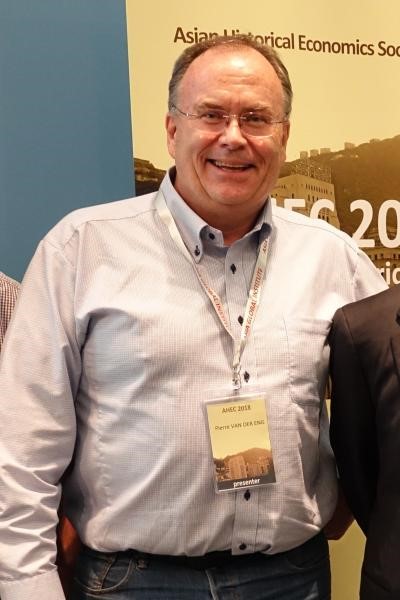
Pierre van der Eng lives in Canberra. He arrived in Australia in 1991 after studying economics and history and completing a PhD thesis at the University of Groningen in The Netherlands on long-term agricultural development in Indonesia. Pierre is currently Associate Professor in International Business and Business History at the Australian National University. He teaches international business courses and has published widely on his varied research interests. These include the role of markets, institutions, companies and also international relations and foreign aid in the long-term economic development of Indonesia, as well as business history in Australia. Pierre published several articles on the activities of the Philips Electronics company in Australia.
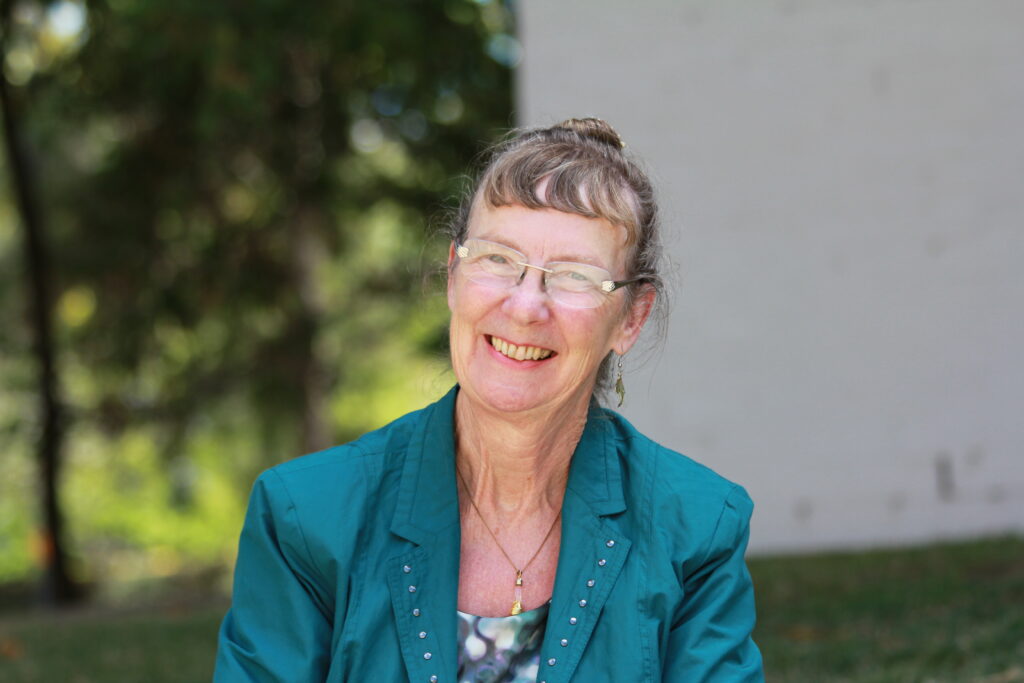
Anneke van Mosseveld has a Doctorate in Business History from the University of New England (UNE). After teaching Dutch in Hilversum, the Netherlands, Anneke travelled to Australia where she studied economics and economic history. She then became a Trade Consultant with the German-Australian Chamber of Commerce in Sydney and Director of the same in Melbourne. Anneke established her company Mossfield Pty. Ltd. in Sydney in 1984, an industry and economic consultancy that delivered economic industry reports, stockbrokers’ industry analyses and was instrumental in a successful technology transfer for James Hardie Industries Ltd. Anneke has also been involved with the Australian Industry Development Corporation Ltd., the Board of the Australian Netherlands Chamber of Commerce Ltd., and UNE. Upon her retirement she obtained a PhD in Business History, which – published as a book – won the C.E.W. Bean Prize, Medal for Military History, and the S.J. Butlin Prize for Economic History. Anneke’s interests include breeding collies, playing the piano accordion, and designing and sewing clothes. She is an avid reader and loves well-researched historical novels.
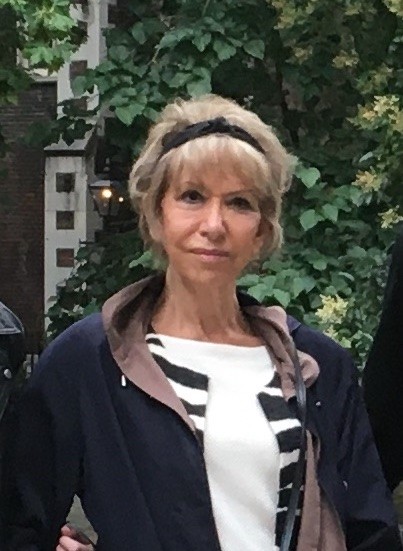
Adjunct Prof. Nonja Peters is an anthropologist, historian, museum curator and public speaker. A Dutch Australian, she has a special interest in Dutch maritime, military, migration and mercantile connections with Australia and the South East Asian and Pacific Regions since 1600. Her interests also include the transnational movement of people (forced and voluntary), ethnicity, class, gender, discrimination, sense of place, identity and belonging, as well as immigrant entrepreneurship and the digital preservation of immigrants’ cultural heritage. Affiliated with Edith Cowan University and Curtin University, Nonja works internationally with academics, heritage organisations and local communities. Her principal research aim is to bridge the gap between academia and the public, which she achieves by transforming her fine-grained research results into ‘high impact’ text and audio-visuals to educate in museum exhibitions, documentary films, ethnic events and YouTube interview series. Nonja is author of 10 books, 25 museum exhibitions, 25 book chapters, 30 journal articles, plus catalogues and entries in scholarly reference books and encyclopedia, and is currently writing a book on immigrant entrepreneurs in Western Australia (Italians, Greeks, Dutch and Vietnamese), to be published in 2024.
DACC Research Team
The DACC Research Team is an expert group advising on research in Dutch-Australian studies.
- Prof. Ton van Kalmthout
- Dr. Marijke van Faasen
- Dr. Rik Hoekstra
- Adjunct Prof. Nonja Peters (see bio above)
- A/Prof. Pierre van der Eng (see bio above)
- Dr. Karen Agutter
- Dr. Jonathan Ford
- Dr. Ingeborg van Teeseling
- Bas Kreuger
- Yvette Paulusz
Overview of research conducted by this team
Who are the Research Team?
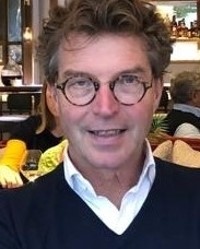
Prof. Ton van Kalmthout is a senior researcher in Literary History at the NL-Lab research group of the Royal Netherlands Academy of Arts and Sciences in Amsterdam and an endowed professor of Dutch Literature at the Leiden University Centre for the Arts in Society. His research is concerned with forms of cultural transmission in national and international contexts. He received his doctorate in 1998 with a thesis on multidisciplinary art clubs in the Netherlands between 1880 and 1914. His main publications include The Practice of Philology in the Nineteenth-Century Netherlands (ed. with Huib Zuidervaart, 2015); Doing Double Dutch: The International Circulation of Literature from the Low Countries (ed. with Elke Brems & Orsolya Réthelyi, 2017); Language, Literature and the Construction of a Dutch National Identity, 1780-1830 (ed. with Rick Honings & Gijsbert Rutten, 2018); and Transnational Trajectories of Dutch Literature, special issue of: Dutch Crossing vol. 44 (ed. with Elke Brems et al., 2020). He has also published on Dutch emigration literature, especially regarding Dutch-Australian migrants, including in his inaugural address Een sprong in het duister. Nederlandse emigratieliteratuur 1946-1992 (2021).
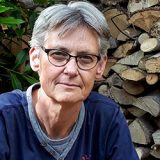
Dr. Marijke van Faassen studied history at VU University Amsterdam. After graduating she undertook commissioned research for a time. Since 1989 she has been employed as a researcher at the Huygens Institute, working on various different projects. In 1994, she co-wrote the texts for the Dutch passport, edited the diaries of the former Liberal politician and Minister of Foreign Affairs W.H. de Beaufort (1845–1918) and the final three volumes of “Foreign Policy of the Netherlands 1919–1945”. In recent years she has coordinated projects focusing not only on access to sources but also on analytical research: “Constitutional Commissions 1883–1983” (concerning constitutional amendments) and “Emigration 1945–1967” (researching post-war emigration from the Netherlands). The latter was also the subject of her doctoral dissertation at the University of Groningen (2014). Marijke is currently coordinating the “Migrant: Mobilities and Connection” project on Dutch emigrants to Australia and their cultural heritage, in close collaboration with a number of Australian experts in digital humanities and cultural heritage experts.
Dr. Rik Hoekstra is a digital historian in the Netherlands at the Koninklijke Nederlandse Akademie voor Wetenschappen (KNAW).
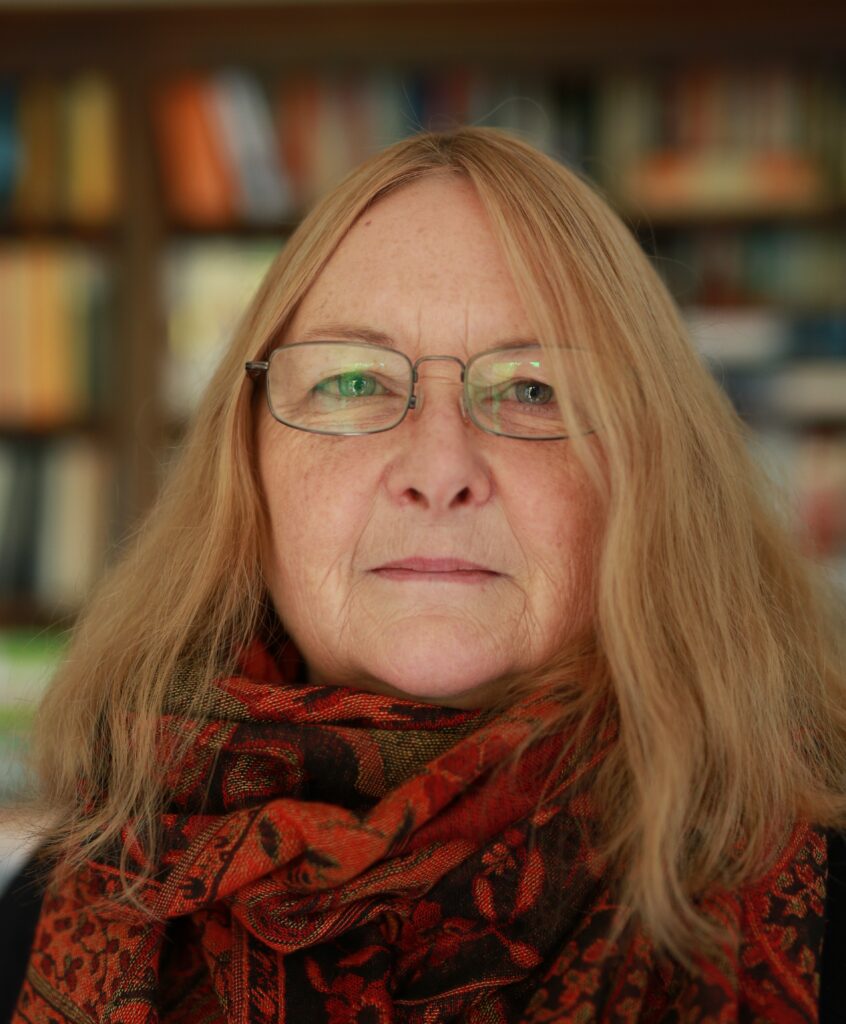
Karen Agutter is an historian specialising in the study of migration. She holds PhDs from both Flinders and Adelaide Universities and has published widely on Australian and migration history. She is particularly interested in migrant identity and the interaction between migrants/refugees and the receiving population. Karen is a registered Professional Historian and a Visiting Research Fellow at the University of Adelaide.
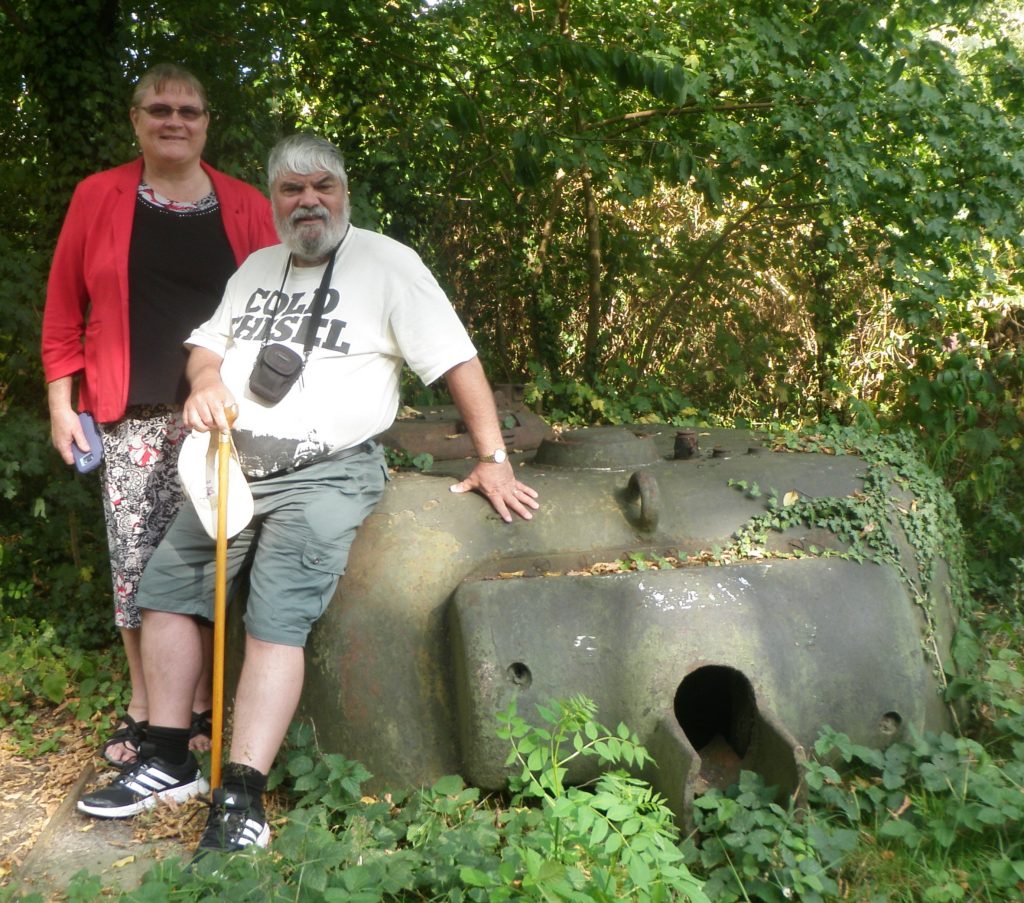
Dr Jonathan (Jack) Ford (right) is a Royal Queensland Historical Society member, with 42 years of research experience. His ongoing research on WWII Dutch-Australian relations began in 1982 at Qld University and led to a Ph.D. His expertise is in World War II, the American Civil War and Brisbane’s built history. As a Brisbane City Council Heritage Unit historian (2001-14), he gained heritage protection for 337 places, wrote 3 heritage signs and 4 war memorial inscriptions. He gained a 2008 National Trust Award for Heritage Conservation. Jack is an author & contributor to many books, commissioned reports, journals, conference papers; plus Guest Speaker to numerous organisations; and is often sought by the media for history interviews. He was the historian on the ABC-TV broadcast team (2010-15) for the Brisbane ANZAC Day March. He is a regular contributor to the American Civil War journal THE BUGLE. He produced an ACW veterans’ graves Qld Heritage Trail for the 2015 ACW Sesquicentenary. Jack is currently researching L. Ron Hubbard’s role in WWII Brisbane & editing a new edition of his 1995 book ALLIES IN A BIND: Australia and the Netherlands East Indies in the Second World War.
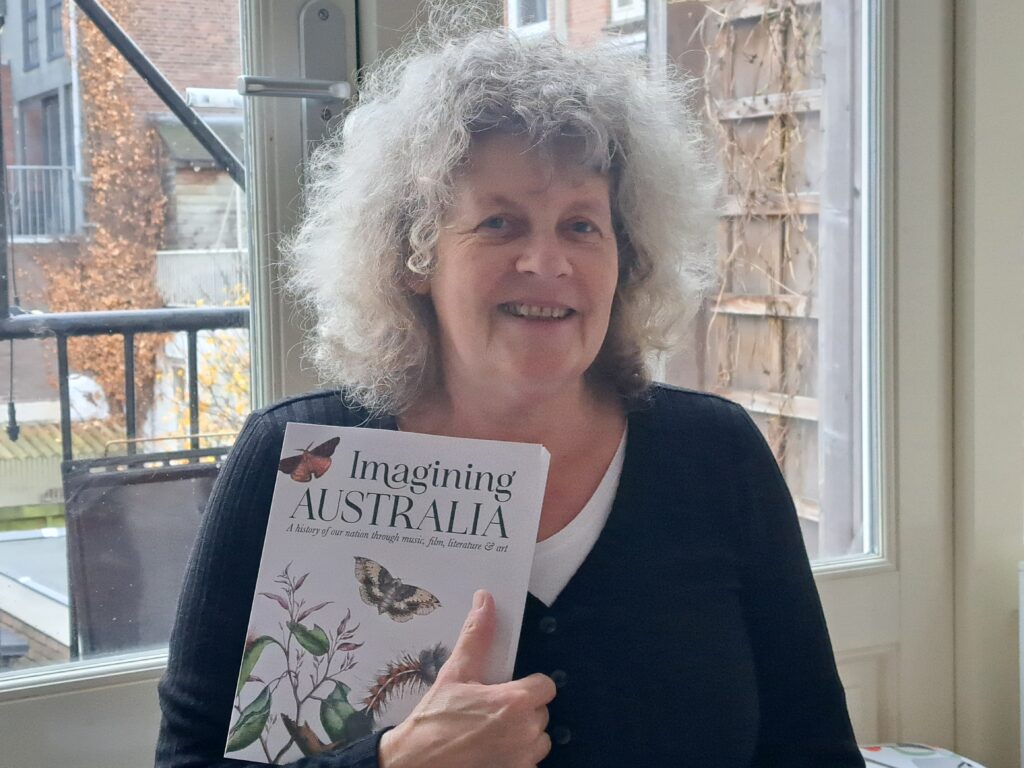
Dr. Ingeborg van Teeseling was a journalist in The Netherlands for 25 years, where she wrote two books about the role of fathers in the lives of their adult children and victims in action. She migrated to Australia in 2006 and completed a PhD in Australian literature at the University of Wollongong (UOW) and a Masters of Australian history at the University of New England. She also taught at UOW and the University of the Third Age in Sydney. Ingeborg wrote Shack Life – The survival story of three Royal National Park Communities (recipient of the National Trust Heritage Award 2017) and Imagining Australia – A history of our nation through music, film, literature and art. Her new book Rebels – A history of Australia will be published soon. She runs the Australia Explained website, explaining Australia to migrants. In 2022, Ingeborg moved back to The Netherlands to be with her grandchildren. She currently works at a small publishing house where she writes Dutch and English non-fiction books for migrants and activists, and is also working as a journalist and English teacher. For a volunteer organisation, she interviews people who know they are going to die soon.
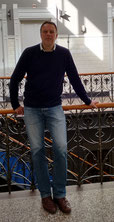
Bas Kreuger is an independent historian and heritage specialist, and heads his business Kreuger in Kultuur, in the Netherlands. Bas has worked in culture and heritage since 1990. After working in various museums, since 2015 Bas supports the heritage sector by advising and taking action, and has been involved in many projects dealing with the re-use of heritage, cultural tourism, and cultural entrepreneurship.
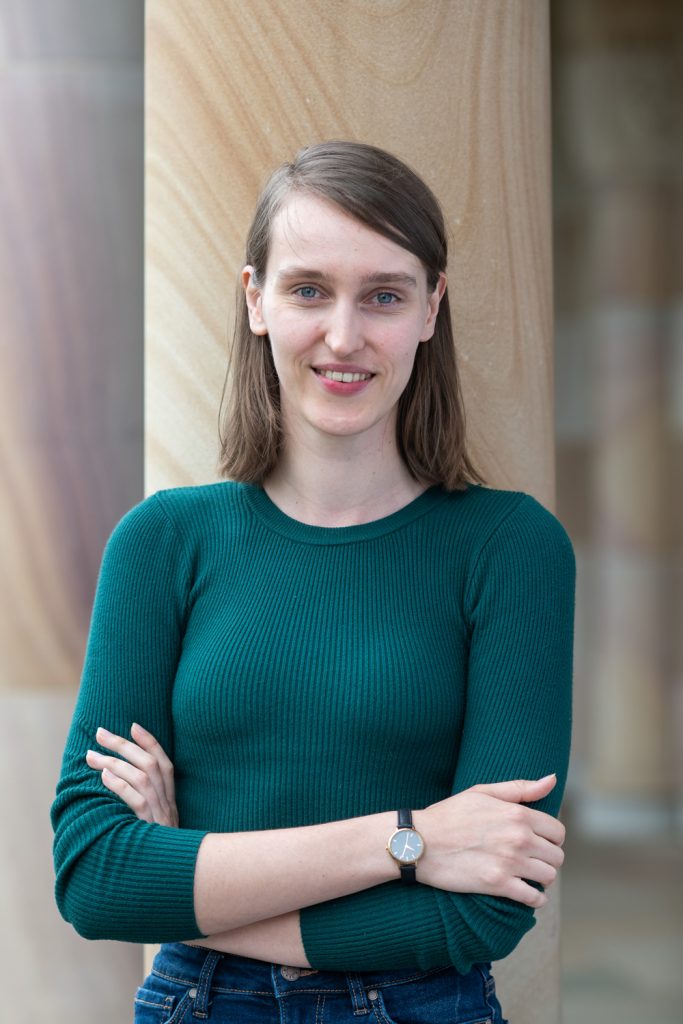
Jorien van Beukering is the DACC’s Executive Office Manager (part-time). She is a researcher interested in the historical ties between Australia, Indonesia and the Netherlands, with a particular interest in migration and memory studies.
Elizabeth Blomberg is the DACC’s Finance Manager. Elizabeth discovered the DACC in her search for a destination and preservation of her family archive of letters, diaries and artefacts that date back to her family’s life in former Dutch East Indies before and during the war years. Elizabeth is retired but in this role contributes her experience in administration and management.
DACC Representatives (in Australia and international)
• Netherlands – Professor Ton van Kalmthout (see bio above)
• ACT – Associate Professor Pierre van der Eng (see bio above)
• Queensland – Paul Budde (see bio above)
• South Australia – Edwin Roman
• Tasmania – Kees Wierenga
• Victoria – Paul Rubens (see bio above)
• Western Australia – Ron van Erven
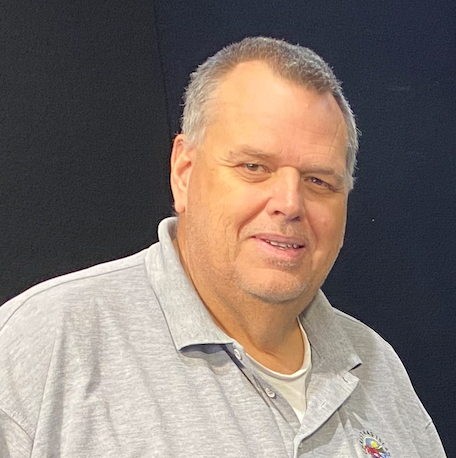
Ron van Erven is an IT auditor working in the cybersecurity and privacy space. Ron settled in Perth in 2017 after travelling along the coast of Australia and to Indonesia. He was fascinated by the Dutch VOC shipwreck stories in Western Australia, its natural environment, and the rich history and links to the Netherlands and Indonesia. In his free time Ron enjoys boating, scuba diving and experiencing the open spaces and nature in Western Australia. He also loves electronics, IT, and aviation.
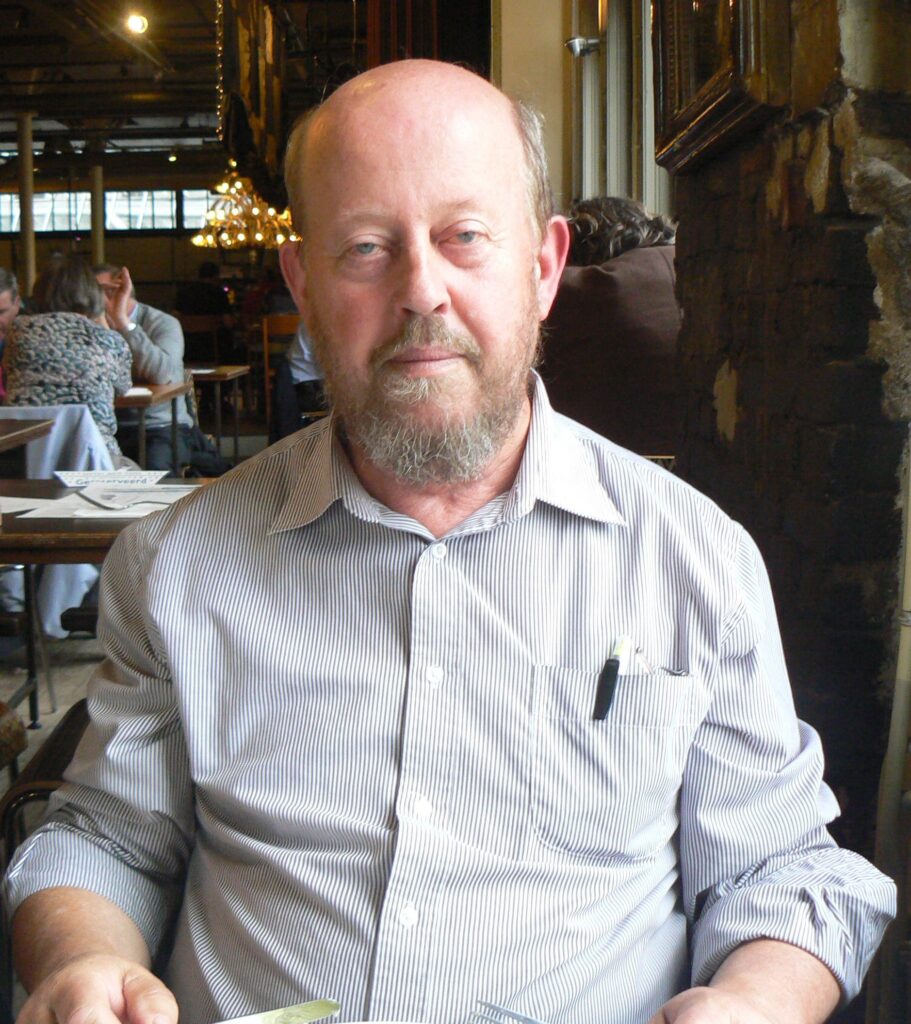
Kees Wieringa has a varied background and, since retiring, has started researching the Dutch in Tasmania. He maintains the Dutch Australian Society (Tasmania)’s website and is involved with various community organisations. Currently, Kees is documenting and cataloging local council history and Dutch migrant history, curating a ‘see, hear & taste’ Abel Tasman display, actively promoting local museums, and working towards a PhD.
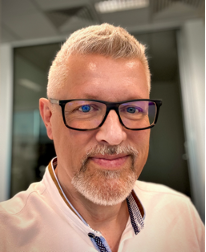
South Australia – Edwin Roman is a Management Consultant, Enterprise Architect and Program Manager for Digital Transformation Initiatives, helping small to large enterprise customers and government organisations with strategies and designs that enable them to successfully adopt digital technologies in fast changing and competitive environments. Edwin is a Principal Architect for the internationally acclaimed Enterprise Architecture firm Fragile to Agile, based in Adelaide. Prior to his move to Adelaide, Edwin worked in The Netherlands for Hewlett Packard Enterprise and the Royal Dutch Shell Group. Since moving to Adelaide Edwin has been involved with bringing together Dutch, Business and IT communities. He is the President of DutchSA (Australian Netherlands Chamber of Commerce, South Australia Inc.) and a Committee Member for Adelaide Connected, which organises joint events for major professional associations in South Australia.
Overview DACC’s working relationships in the Netherlands
Cultural Heritage Agency of the Netherlands
Huygens Institute for the History of the Netherlands.
Het Scheepvaart Museum Amsterdam.
Abel Tasman Museum Lutjegast.
Museum Bronbeek, national museum colonial military history of the Netherlands.
Aviation Museum Aviodrome Lelystad.
Stichting NDSM Herleeft (maritime history)
Brief histories of the DACC
The following text is from a booklet published by the Federation of Netherlands Societies Ltd. in February 1985. The research for this booklet was done by Mijntje Hagen.
The following are recollection written by Theo ten Brummelaar, co-founder
Charity organisation
The DACC is a registered charity organisation with DGR and TC status. Our ABN is 94 002 727 862.
